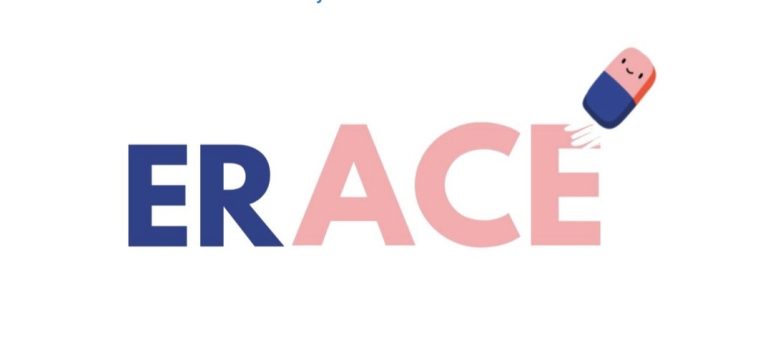Researchers at Health Campus the Hague (LUMC) and the Juliana Children’s Hospital (the Hague), have started a new study on the intergenerational transmission of parental adverse childhood experiences (ACEs). These are potentially traumatic events that occur during childhood. ACEs can have long-lasting negative consequences. Recent literature even suggests that parents can transmit their ACEs onto their children. Children born to parents with ACEs have a higher risk of being born prematurely or small for gestational age. The mechanisms of intergenerational transmission of ACEs are still largely unknown, as are the exact effects on the development of children. Hence, in the ERACE study, the researchers examine the effects of parental ACEs on the growth and development of their children within the first 1000 days. The children are closely monitored for 2 years and the association between parental ACEs and their development will be analysed.

Identifying how parental experiences affect the development of children in current health care can be a stepping stone towards additional early recognition of parents with ACEs and interventions and support in early life. The ERACE Study could aid in reducing the ACE-related health complications in next generations and thus increase the quality of life for parents and their children and relieve a large burden from health care and society.